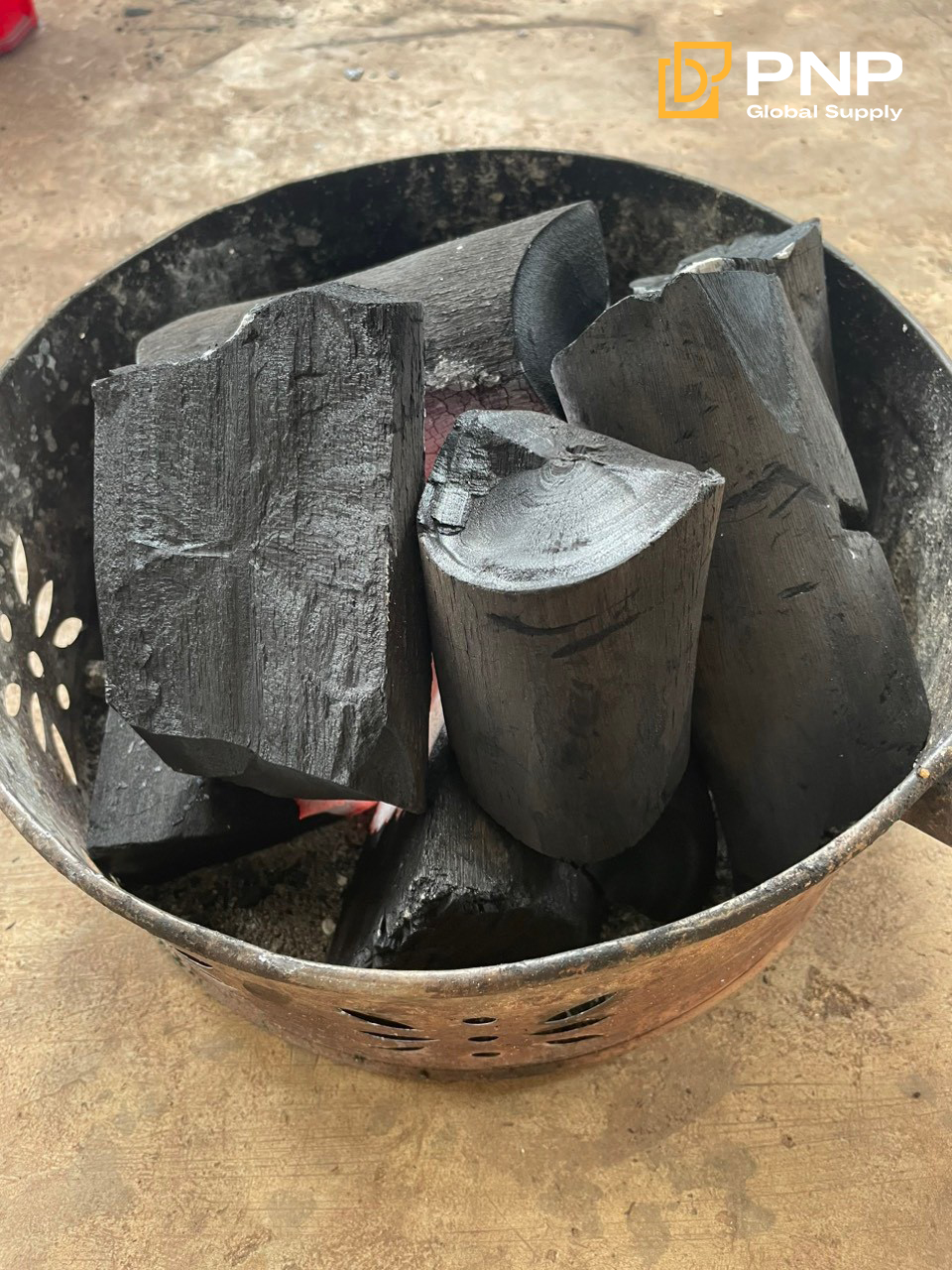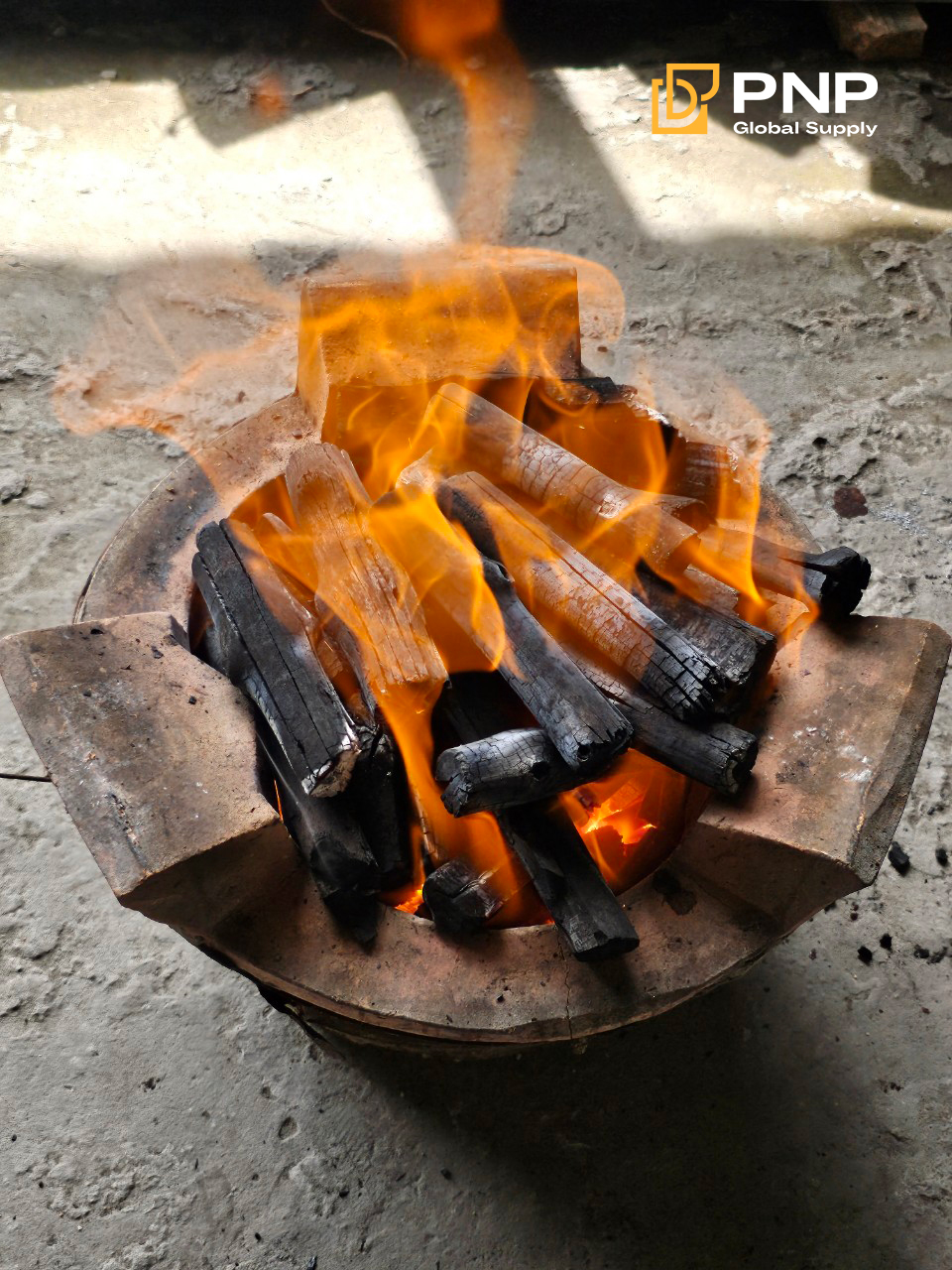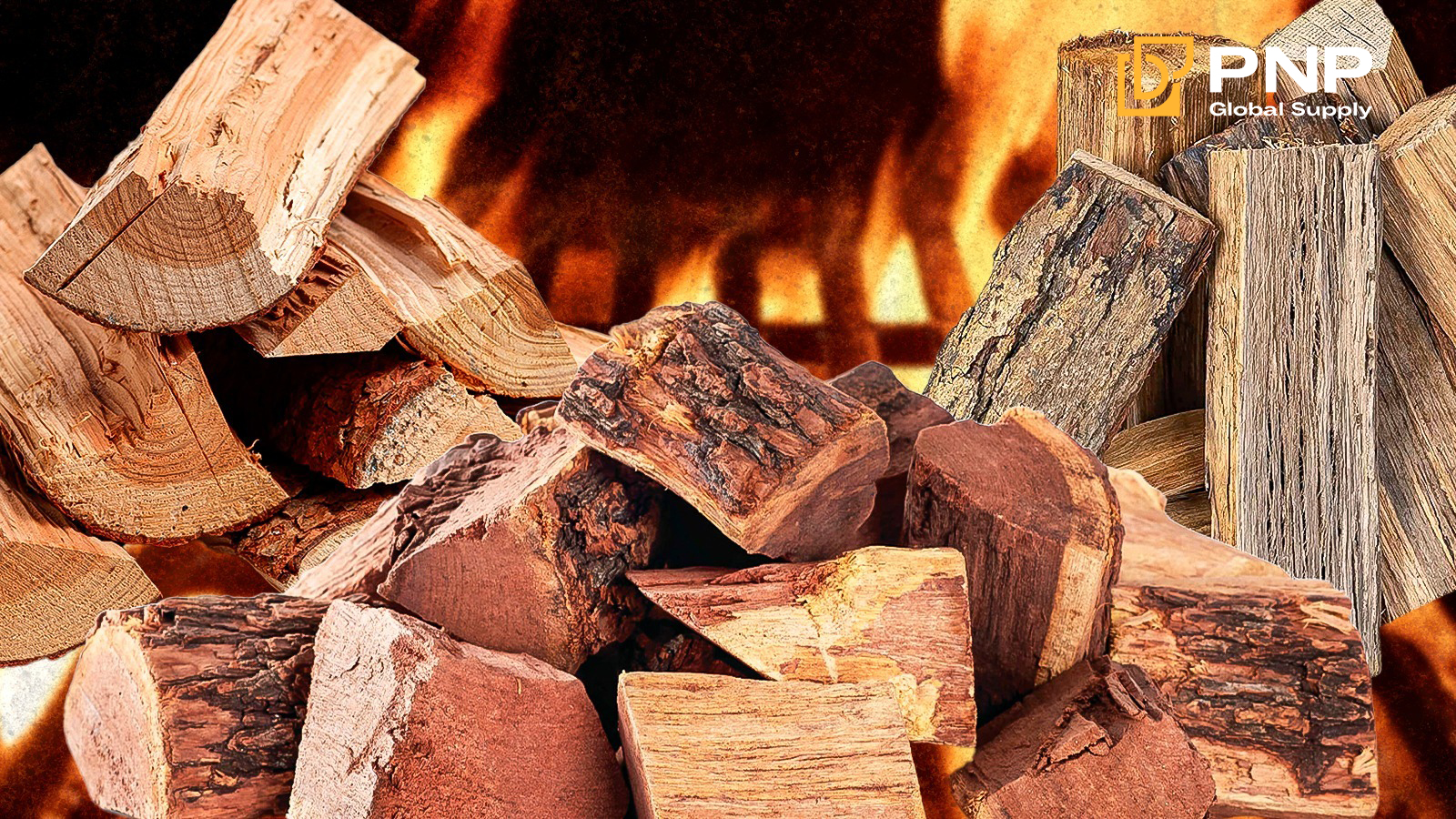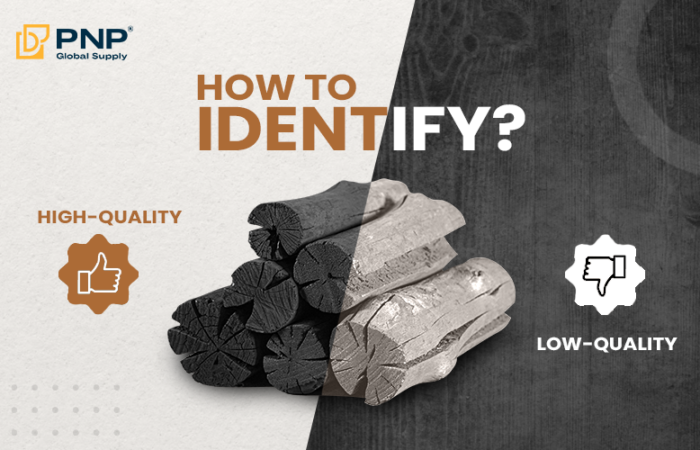Grilling outdoors has always been a beloved tradition around the world. Whether it’s a weekend family BBQ or a casual cookout with friends, choosing the right fuel for grilling plays a crucial role in how your food turns out. Among the most popular grilling fuels, charcoal and wood stand out as the go-to choices for many grill enthusiasts. But which one is better? Should you pick charcoal or wood for your next grilling session? In this article, we will explore the key differences between charcoal vs wood, their advantages, and practical tips to help you decide what fits your grilling style best. This comparison highlights the ongoing debate of charcoal vs wood, especially in the world of bbq charcoal lumpwood lovers.

1. Understanding the Differences Between Charcoal and Wood
Charcoal and wood might seem similar since charcoal is actually made by heating wood in a low-oxygen environment, but they behave quite differently when used for grilling. Charcoal is a highly concentrated form of carbon that burns hotter and cleaner compared to regular wood. It produces a steadier heat with less smoke, which many grillers appreciate for cooking meat evenly.
On the other hand, wood burns with a flame and produces smoke and aroma that can deeply enhance the flavor of grilled foods. Different types of wood — such as oak, hickory, mesquite, or fruitwoods — give off distinctive smoky tastes that can be subtle or intense depending on the wood and grilling technique. These flavor options are what make hardwood charcoal and hardwood lump charcoal so appealing to seasoned BBQ enthusiasts.
2. Why Choose Charcoal for Your BBQ?
Charcoal offers many advantages, especially if you want consistent, controllable heat. It typically burns hotter and longer than wood, making it ideal for searing steaks or cooking large batches of food. Lump charcoal, made from hardwoods, is preferred by many grillers because it lights faster, produces less ash, and delivers clean heat without chemical additives.
Another benefit of charcoal is ease of temperature control. By adjusting the amount of charcoal and airflow in the grill, you can maintain a steady cooking temperature. This is crucial for dishes that require precise heat levels.
Price and availability also play a role in choosing charcoal. Depending on your region, bbq charcoal lumpwood options might vary in cost, but lump hardwood charcoal generally offers good value given its performance and burn time. Compared to wood charcoal price, lump charcoal can sometimes be more economical for heavy grillers because it lasts longer per session.
Charcoal also tends to produce less smoke and fewer sparks than wood, which means less flare-ups and cleaner cooking. This makes charcoal particularly popular for backyard BBQs in neighborhoods with fire restrictions.
Learn more about how to choose the best charcoal for BBQ in the article below: Which Charcoal Is Best for BBQ? A Guide for Beginners

3. What Makes Wood Grilling Unique?
Grilling with wood is often seen as the most authentic way to cook outdoors. Wood fires provide that classic smoky flavor that many BBQ lovers seek. The type of wood you use greatly influences the aroma and taste of your grilled food. For instance, hickory offers a strong, bacon-like smoke, while fruitwoods like apple or cherry give a sweeter, milder flavor.
Wood grilling offers a sensory experience: the crackling sound, the flames licking the food, and the distinct scent of burning logs. This atmosphere is hard to replicate with charcoal alone.
However, cooking with wood requires more skill. Wood burns less evenly than charcoal, and moisture content can affect both heat output and smoke quality. Fresh or green wood may cause excessive smoke and unpleasant tastes. Managing a wood fire demands more attention and experience, but many find the effort rewarding.
Some grillers choose wood charcoal, which is charcoal made specifically from hardwood logs, as a middle ground. It provides more stable heat than raw wood but keeps some of the wood’s natural flavor characteristics.

4. Practical Considerations for Choosing Between Charcoal vs Wood
When deciding whether to grill with charcoal or wood, it’s important to think about your personal preferences and practical needs.
- Ease of Use: Charcoal is generally easier to light and maintain. Wood fires take longer to start and require more monitoring.
- Cost: Depending on where you live, hardwood charcoal can be more or less expensive than wood. Consider the “wood charcoal price” and availability.
- Flavor Profile: If you want bold smoky flavors, wood may be the way to go. For cleaner taste and heat control, charcoal is better.
- Environmental Impact: Sustainable harvesting of hardwoods and responsible charcoal production are key. Some lump hardwood charcoal brands emphasize eco-friendly methods.
- Portability and Storage: Charcoal is compact and stores well, while wood requires more space and can be messy.
PNP Charcoal offers a wide range of high-quality charcoal to meet various needs. Learn more about our charcoal products here: pnpcharcoal
5. Tips for Grilling Success with Charcoal and Wood
If you choose charcoal, make sure to use quality lump charcoal or briquettes without additives. Light your charcoal using natural fire starters or a chimney starter for even heating. Preheat your grill until the charcoal is glowing red and covered with white ash to ensure stable cooking temperature.
For wood grilling, select seasoned hardwoods with low moisture content to minimize unwanted smoke and enhance flavor. You can add wood chips or chunks to charcoal fires to get the best of both worlds — reliable heat with smoky aroma.
Always manage airflow carefully with your grill vents to control fire intensity and avoid flare-ups. Practice makes perfect in balancing heat and smoke for delicious results.
6. Conclusion
Choosing between charcoal vs wood ultimately depends on what you value most in your grilling experience. Charcoal offers convenience, control, and consistent heat, making it ideal for beginners and those wanting straightforward grilling. Wood delivers rich smoky flavors and a traditional feel but requires more attention and skill.
For many BBQ enthusiasts, a combination works best — using lump hardwood charcoal as a base and adding wood chunks or chips for flavor.
Try experimenting with both charcoal and wood to discover what suits your taste buds and grilling style. Whichever you choose, investing in quality lump hardwood charcoal or well-seasoned hardwood will elevate your BBQ to the next level.
Watch the video below to find out why charcoal is better for your barbecue.
________________________________
Contact us for more information
Facebook: PNP Charcoal
Instagram: PNP Charcoal
Email: info@pnpglobalsupply.com




